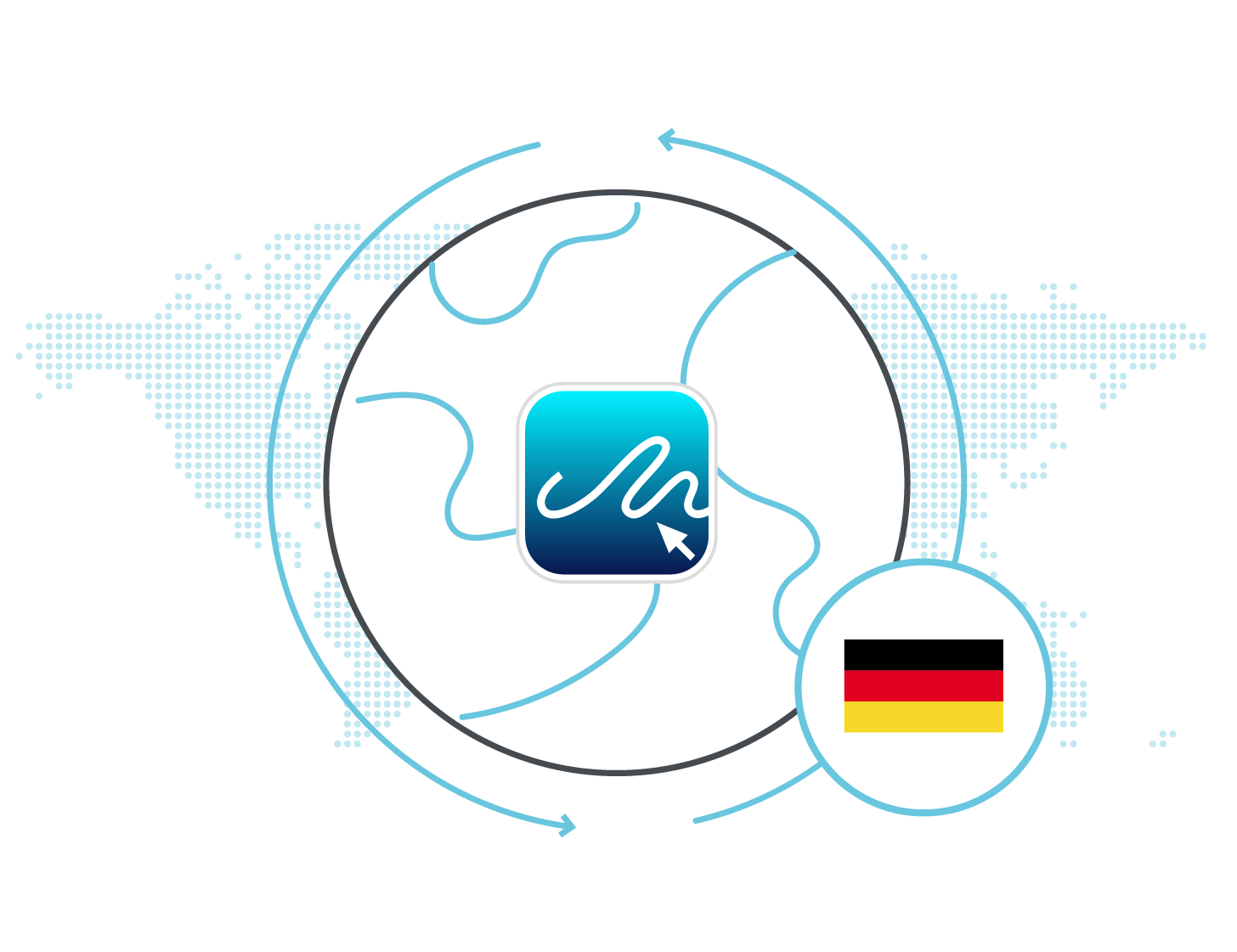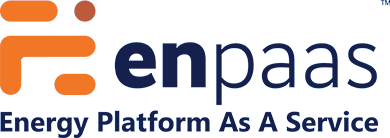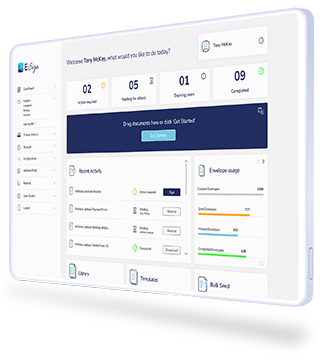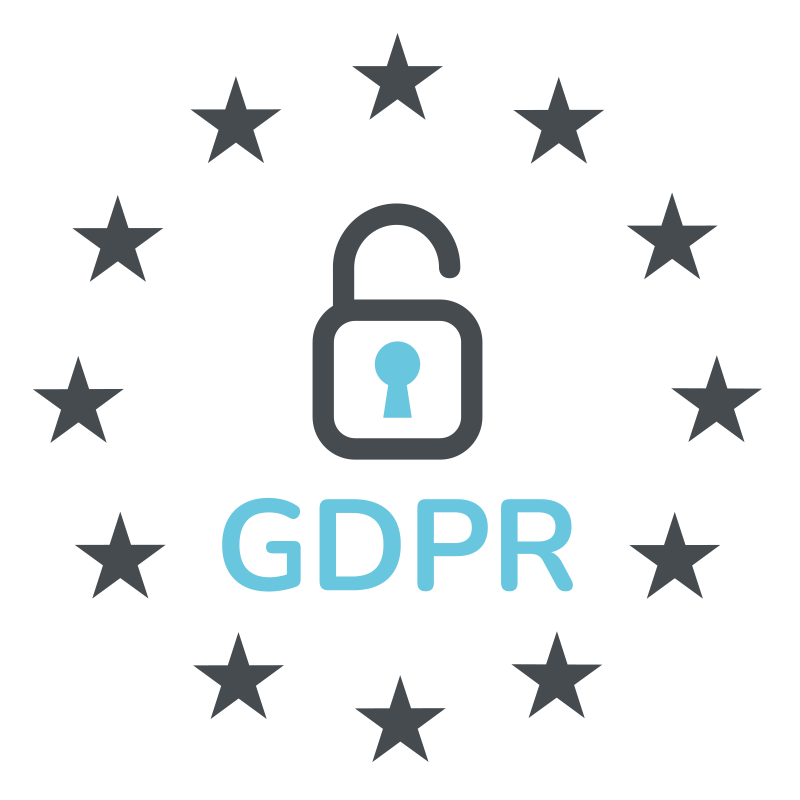The Legality of eSignatures in Germany
Explore the legality of electronic signatures in Germany and the laws and regulations that govern their use.

Trusted By
Are eSignatures Legally Binding in Germany?
Documents that can be signed electronically
The use cases below usually don’t have a “written form” requirement by German law and therefore any e-signature can be used:
- Insurance
- Banking
- Healthcare
- Life sciences
- HR
- Education
- NDAs
- Government filings
- Corporate resolutions
- Chattel paper
- Software licensing
- Consumer transactions
Documents that may not be electronically signed
Typically in Germany, contracts don’t have to be in a specific format to be valid. This means that except in cases where the law requires a written format (which requires a qualified e-signature) or prevents the use directly or indirectly of electronic signatures, any non-qualified electronic signature can be used. However, there may be specific circumstances in which electronic signatures won’t be accepted, they will be assessed on a case-by-case basis.
Types of e-signature permitted in Germany
The eIDAS regulation defines an electronic signature as data in electronic form which is attached or logically associated with other data in electronic form and which is used by the signatory to sign. It distinguishes between three types of e-signature, simple, advanced, and qualified.
- Simple – the most basic form of e-signature that can be in the form of typing your name at the bottom of an email or checking an approval box. There are no specific security or identity verification requirements for a simple e-signature.
- Advanced – this type of signature is uniquely linked to the signer, can accurately identify the signer, is created using data that the signer can be confident is under their sole control and is linked to the data in a way that detects any subsequent changes that are made. Advanced electronic signatures are more secure than simple signatures and are legally binding in most use cases.
- Qualified – this type of signature is similar to advanced but has additional requirements providers must adhere to. They must be certified based on public keys that have been issued using proper technological means. This means that the identity verification process is multi-step, using both encrypted keys and two-factor authentication.
German law does not have a separate definition for electronic signatures outside of the one established by eIDAS.
Notable legality changes since 2020
None. Germany continues to adhere to the e-signature definitions and rules introduced by the EU eIDAS regulation.
Publicly Accessible Links to Laws/Regulations Discussed
Disclaimer
The content provided on this website is meant for general informational use only and does not constitute legal advice. Legal regulations on this topic can evolve rapidly, so E-Sign does not ensure that the information presented here is always up-to-date or accurate. If you have particular legal concerns regarding any details on this site, it is recommended that you consult with a licensed attorney in your jurisdiction.
Last Updated 9th October 2024




























